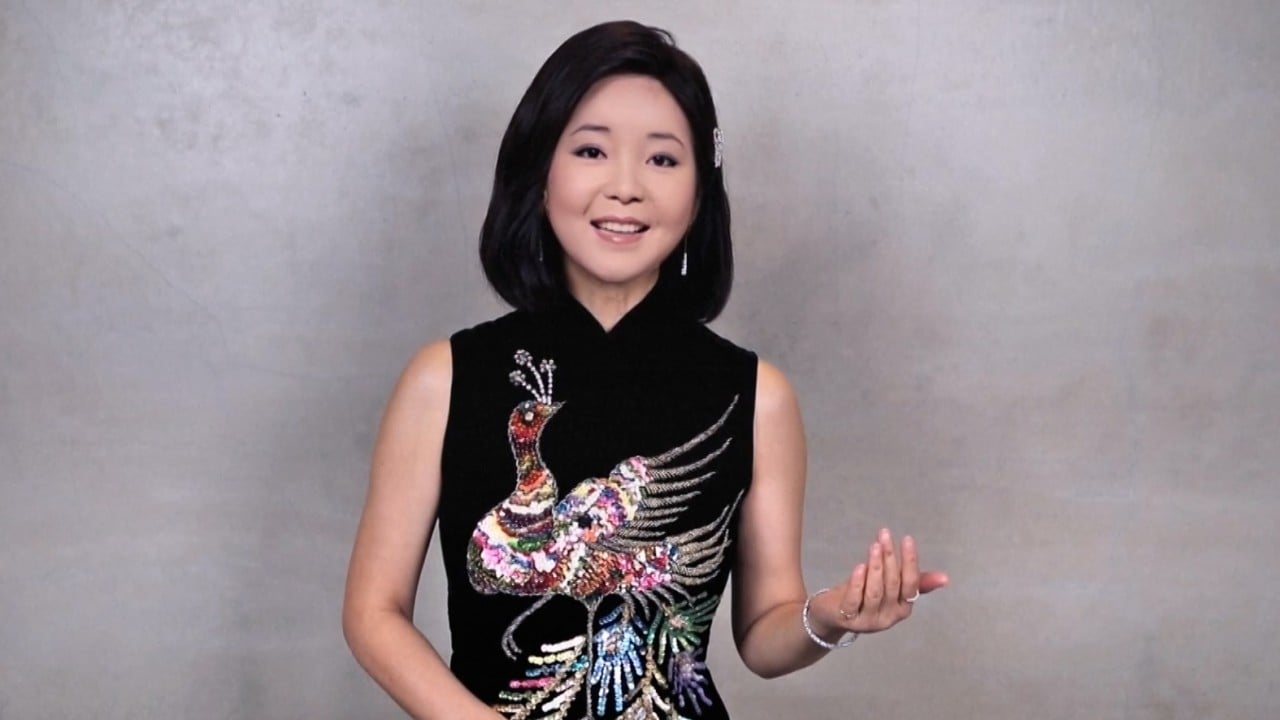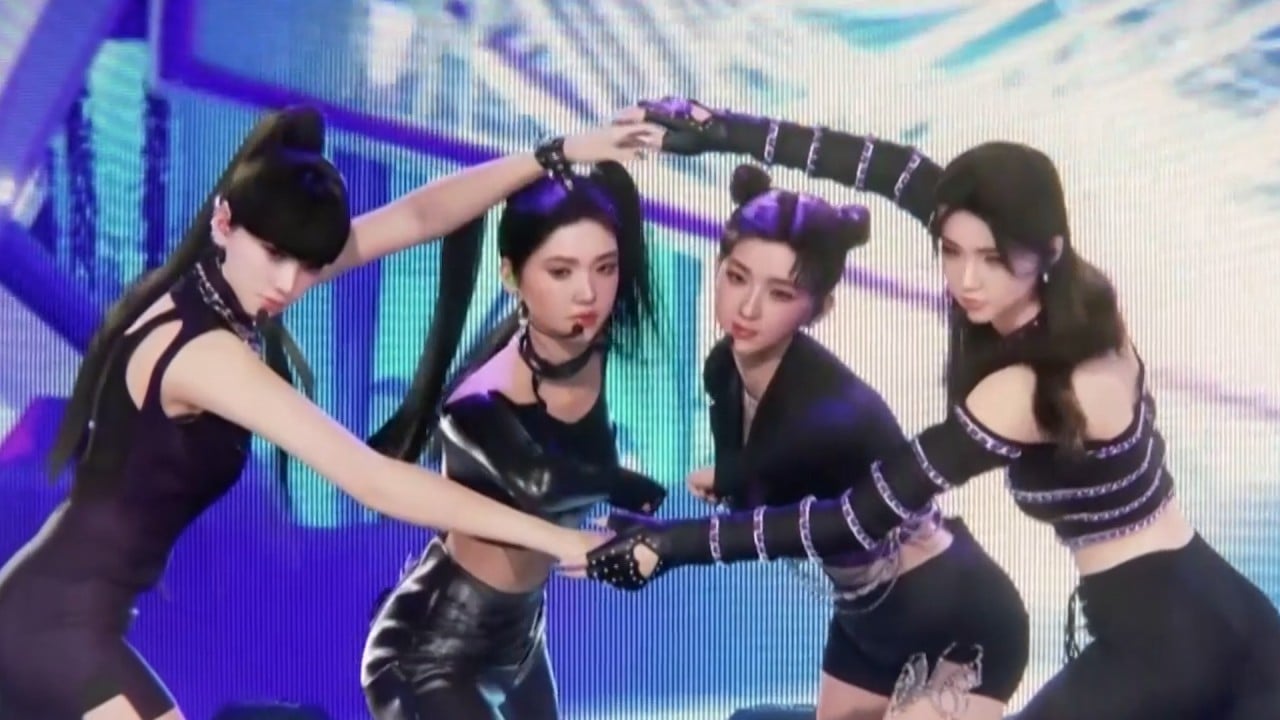“It’s an old routine, but I’m so invested,” said a fan of one micro-series.
“I was embarrassed by the plot, but I really want to watch the next episode,” admitted another.
Entertainment, media in China set to drive US$479.9 billion in revenue: PwC
Entertainment, media in China set to drive US$479.9 billion in revenue: PwC
In fact, some well-known micro-series, or “real short shows”, that featured what appeared to be European settings and European actors, were actually produced in Chinese studios with Chinese performers, the sources said.
The sources declined to name these series, and the Post cannot independently verify the claims.
Micro-series, which typically consist of a few dozen episodes, each about one to two minutes in length, offer a wide range of themes – from gripping dramas to heart-pounding suspense.
With some series featuring more than 50 episodes, some of these pocket-sized programmes have become wildly popular in global markets, keeping viewers on the edge of their seats with engaging narratives, surprising plot twists and irresistible storytelling.
Chinese companies have taken a leading role in scripting and producing micro-series, which are seen around the world. The studios usually hire European and American actors to help draw viewers into the intricate storylines.
The practice, according to the insiders, is aimed at simply boosting sales in foreign markets. But the trend also reveals the profound impact of technology on the global entertainment industry and raises questions about authenticity, integrity and ethics in the performance arts.
Will AI take over K-pop? Human composers are worried it will. Here’s why
Will AI take over K-pop? Human composers are worried it will. Here’s why
The practice has also sparked debate about where the line between reality and fiction should be drawn in the age of AI.
Producers at Reelshort faced a steep learning curve with its early shows. They found that simply adding English subtitles to Chinese short dramas for Western audiences did not generate viewership. When producers began using Western actors and modifying plots with elements like werewolves and vampires, their shows began to resonate.
Ye Jingfei, a visual engineer who works in the micro-series industry, said the procedure of transforming a popular series from Chinese to English was complex.
First, video producers use AI translation software to replace subtitles and dubbing. AI face-swapping technology is then introduced to adapt characters to resemble Western actors. The technology also makes it possible to manipulate a character’s skin colour, age and ethnicity.
“These AI-assisted productions lack the finesse of locally produced shows, but their viral-style editing and low production costs make them easy to replicate,” Ye said.
“Currently, shooting a micro-series with actors overseas can cost upwards of US$150,000. In contrast, AI-assisted productions can be made for around US$100,000,” he said.
However, the techniques have limitations, such as the need for manual correction and synchronisation. Also, the quality of AI-generated content can vary.
“Most companies use Text-To-Speech, a machine-generated voice. It still lags in capturing the nuances of scenes and emotions. We use so-vits-svc (SVC), a more sophisticated voice conversion technology. SVC can learn one person’s voice and replace the timbre of another soundtrack and thus achieve an effect similar to post-dubbing,” Ye said.
With business booming, Ye said he hoped to offer offline training courses at Hengdian World Studios to teach technicians AI face-swapping and dubbing techniques. Hengdian, in eastern China’s Zhejiang province, is one of the largest film studios in the world, and is where most Chinese micro-series are produced.
The micro-series business model offers initial episodes for free, with later episodes available for a fee. A Shenzhen-based producer said that some series with production costs in the hundreds of thousands of dollars had earned r hundreds of millions of dollars, a high return on investment.
“Most series will not sell. It doesn’t matter. We only need one that hits the charts. Then it will become a money-printing machine for us,” said the producer, who asked not to be named.
“With the help of AI, the profit margin and turnover rate can increase significantly.”
AI is rewriting the rules of US$200 billion video games industry
AI is rewriting the rules of US$200 billion video games industry
With more capital flowing into the industry sector, even professional Hollywood actors are now performing in these productions, according to anonymous industry sources.
“Micro-series offer a new genre that surpasses traditional media in terms of creativity and flexibility. These series were honed in the Chinese market before capturing Western audiences with their insights into human addiction,” Ye said.
“This success is a testament to the deep understanding and resource accumulation of Chinese companies in content operation. It’s a new set of ideas for exporting Chinese IP overseas.”




